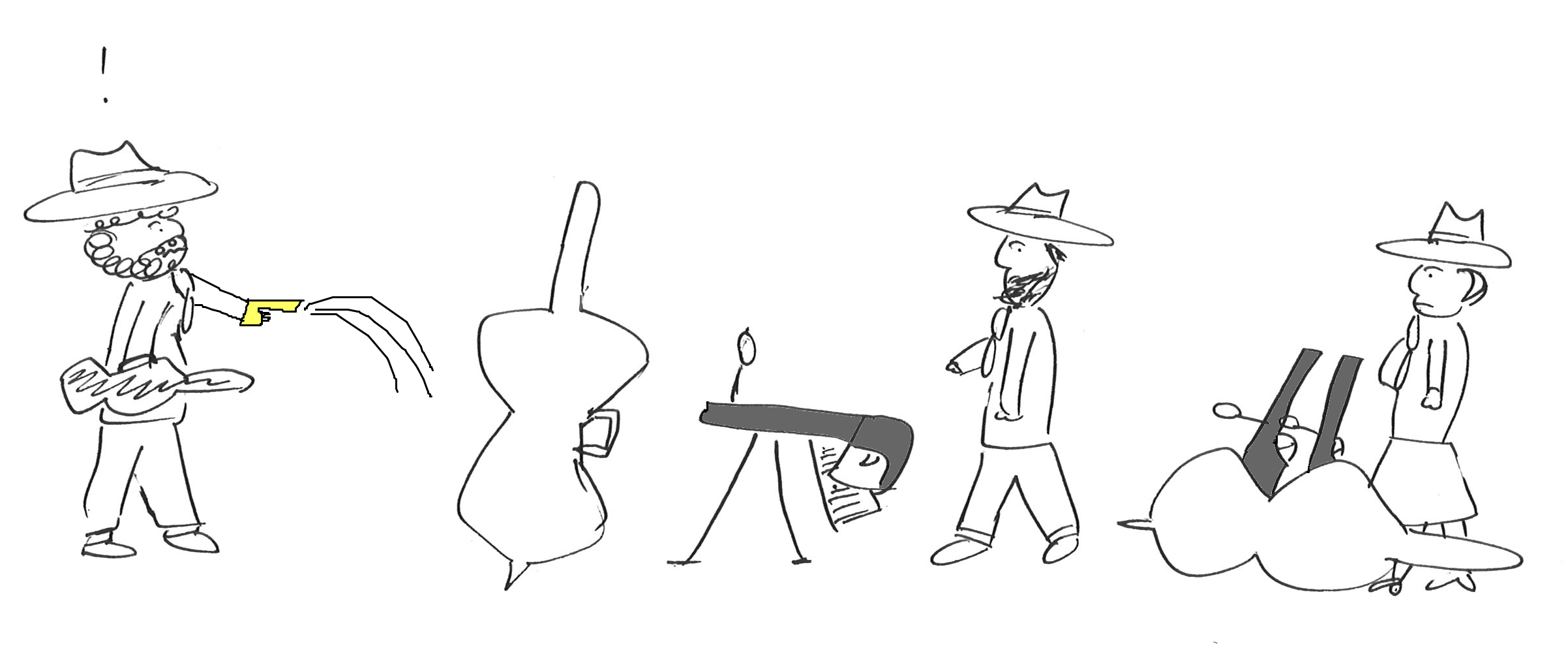The name of this blog was put up to a poll: New Blog for Deactivated Quora Users by Nick Nicholas on Assorted Polls
The people of Quora can name the blog whatever they want, so long as they choose one of the four obscure Hellenic names I’ve just made up for it.
The results were:
- Argologue: “List of the inactive”: 35%
- Apontologue: “List of the absent”: 31%
- Phygologue: “List of those who have run away”: 19%
- Ecdemologue: “List of those who are out of town”: 15%
The results did not astonish me. Ecdemologue is the oddest looking in English, with the <cd> cluster. Argologue looks the most familiar in English, because of Argo and Argon. (There’s two meanings of argos in Ancient Greek: “shining” and “idle, inert, slow”. Argo is the first one; Argon is the second one. And the icon of the blog is, of course, an Argon lamp illustrating the abbreviation of the element: Argon – Wikipedia.)

The other two choices were in between. Too many syllables in Apontologue, and I’m surprised it got as many votes as it did. Decidedly alien look to Phygologue, and kind of loaded meaning, so not surprised it got as few votes as it did.
